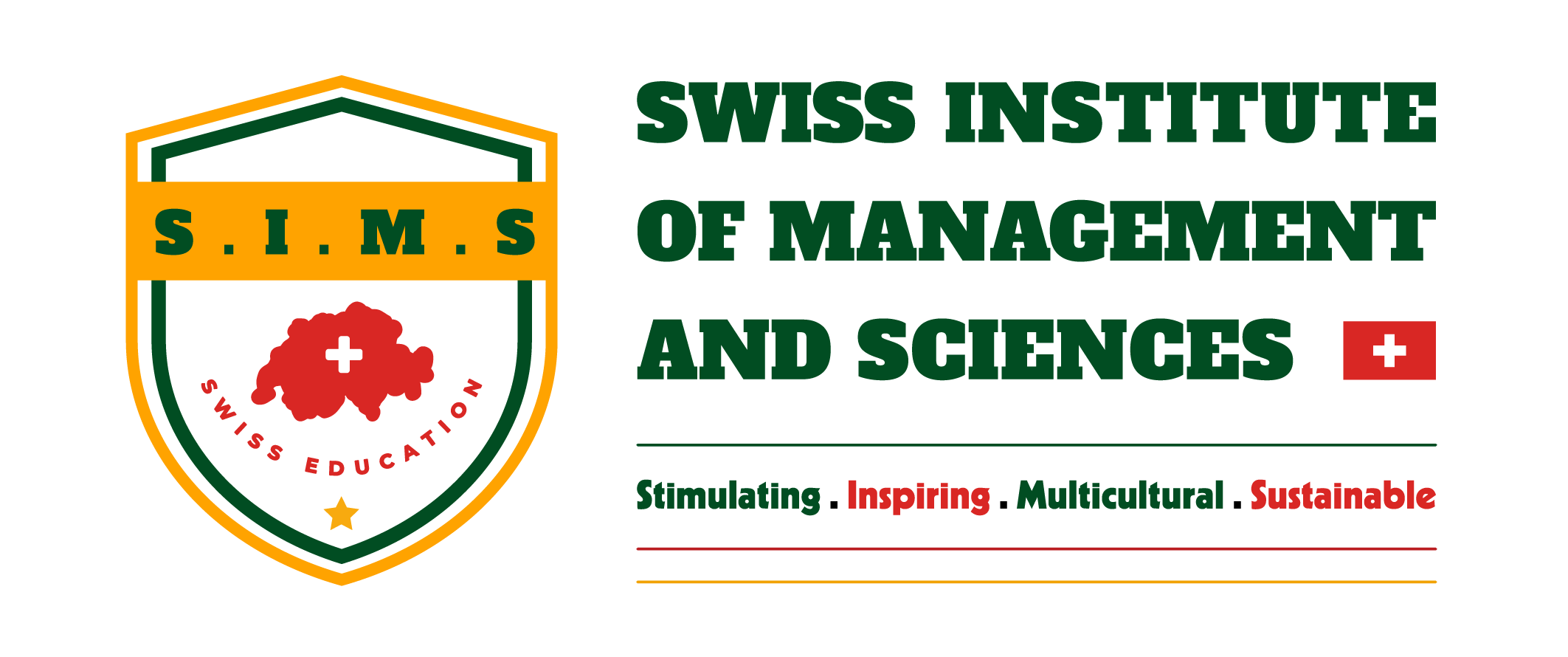First of all, it should be emphasised that at the level of Federal Legislation, not all private higher education institutions are obliged to be accredited under the Higher Education Act (HEdA), but only those that wish to use a designation protected by the HEdA (Article 29) such as «university», «university of applied sciences» or «university of teacher education». The Cantons, which also have competences in this area, may, however, enact stricter legislation than that existing at federal level.
The HEdA Accreditation Ordinance does not distinguish between private and public higher education institutions. Article 4 paragraph 1 of the HEdA Accreditation Ordinance defines the requirements for admission to the accreditation procedure. Once a higher education institution has been admitted to the accreditation procedure, the standards of the HEdA apply to the accreditation of the higher education institution (HEdA Accreditation Ordinance Article 22 Paragraph 1). The accreditation guidelines enact a uniform set of standards that apply equally to public and private higher education institutions.
For more information, read here.














